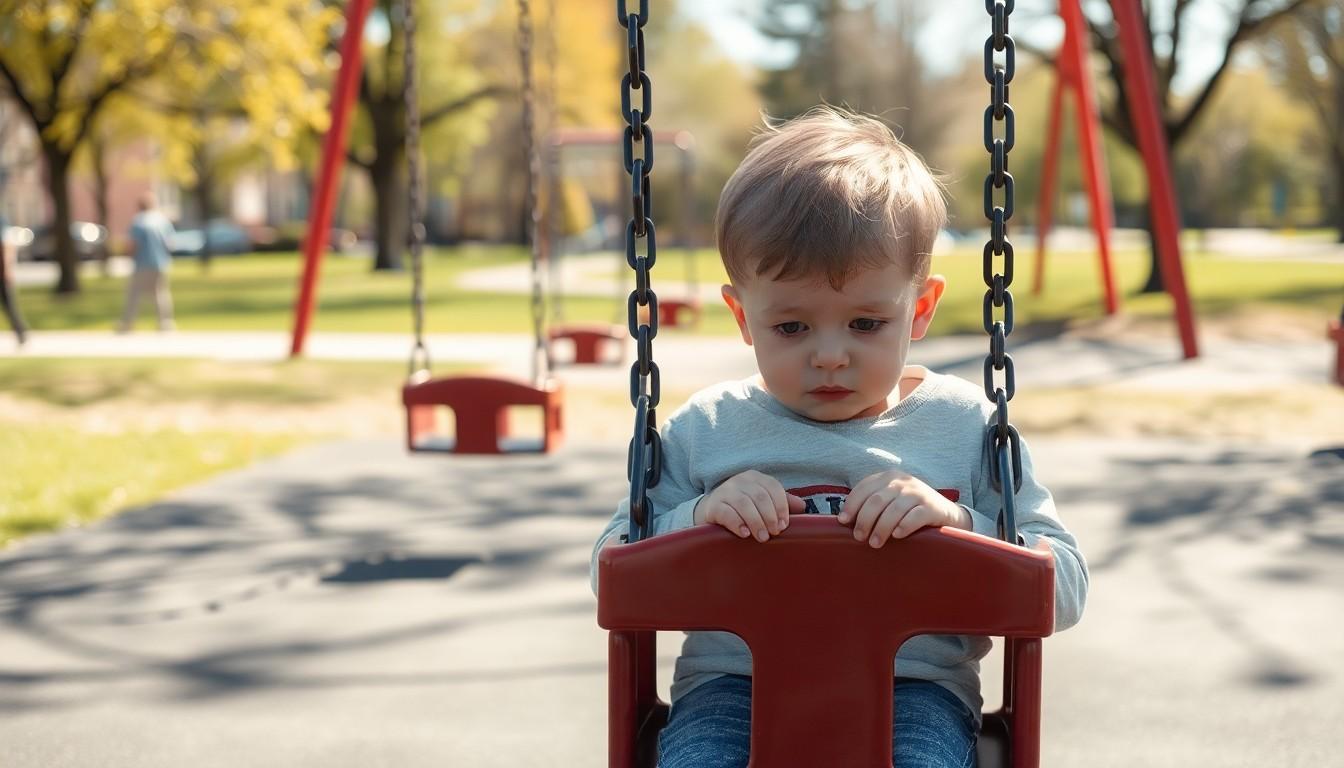Parenting isn’t for the faint of heart. It’s a wild ride filled with joy, chaos, and sometimes a sprinkle of regret. While most parents strive to raise well-adjusted kids, some techniques can go hilariously wrong. Whether it’s the infamous “let them figure it out” method or the classic “because I said so” approach, these bad parenting techniques can leave kids scratching their heads and parents wondering, “What was I thinking?”
Bad Parenting Techniques
Certain techniques can hinder a child’s development. Understanding these methods helps parents avoid common pitfalls.
Over-Disciplining
Over-disciplining creates a strict environment that may foster fear instead of respect. Children subjected to excessive rules often rebel, leading to strained parent-child relationships. Researchers find that children raised in overly strict households show higher rates of anxiety and depression. Imposing harsh punishments, instead of constructive feedback, stifles a child’s ability to learn from mistakes. Balancing discipline with compassion cultivates a healthier connection, allowing children to understand expectations without feeling oppressed.
Lack of Boundaries
Lack of boundaries often results in confusion and insecurity for children. Without clear guidelines, kids struggle to understand acceptable behavior. Studies show children thrive in environments where rules exist and are consistently enforced. Neglecting to establish limits allows risky behavior to develop, ultimately endangering a child’s well-being. Defining age-appropriate boundaries helps children feel safe and promotes self-discipline. Establishing structure encourages responsibility while granting them the freedom to explore within safe limits.
Emotional Neglect

Emotional neglect refers to a lack of emotional support and connection in parenting. Children exposed to this neglect often struggle to develop healthy emotional skills.
Signs of Emotional Neglect
Signs of emotional neglect include withdrawal from family interactions and constant feelings of sadness. Children may exhibit low self-esteem, struggle to express emotions, or have difficulty forming relationships with peers. They often misinterpret their parents’ indifference as personal inadequacy. Furthermore, persistent complaints about feeling unloved or unimportant highlight the emotional void in their upbringing.
Long-Term Effects
Long-term effects of emotional neglect can manifest as anxiety or depression in adulthood. Individuals may find it challenging to trust others or maintain healthy relationships. Emotional regulation often becomes problematic, resulting in mood swings and tough interpersonal dynamics. Those affected may also struggle with self-worth, leading to chronic feelings of emptiness. In the workplace, performance issues might arise due to lingering emotional struggles.
Poor Communication
Poor communication in parenting can significantly disrupt a child’s emotional and social development. A lack of open dialogue often leads to misunderstandings and feelings of isolation. Children may struggle to express their emotions when parents don’t encourage or model effective communication skills.
Impact on Child Development
Inconsistent messaging often fosters confusion in children. Kids exposed to poor communication techniques may develop low self-esteem and struggle with peer relationships. These difficulties can manifest as anxiety or behavioral issues, making it hard for them to navigate the social landscape. Moreover, emotional development suffers when children don’t learn to articulate their thoughts and feelings. Effective communication lays the groundwork for strong self-advocacy skills, which proves essential throughout life.
Strategies for Improvement
Improving communication starts with active listening. Parents should prioritize understanding their children’s perspectives rather than simply offering solutions. Using open-ended questions encourages discussion, allowing children to express themselves fully. Moreover, modeling appropriate emotional expression shows kids how to communicate effectively. Setting aside regular family time to talk fosters a safe space for sharing thoughts. Consistency in communication reinforces trust and strengthens relationships, enhancing overall emotional well-being.
Inconsistent Parenting Styles
Inconsistent parenting styles create confusion and instability in a child’s environment. Without clear expectations, children may struggle to understand acceptable behavior.
Effects on Children
Inconsistency impacts a child’s behavior significantly. Children often display anxiety when faced with unpredictable responses from parents. This unpredictability can lead to low self-esteem, as kids may begin to doubt their decision-making abilities. Moreover, they might struggle to follow rules, resulting in behavioral issues at school and home. Trust becomes a challenge, evident when children question their parents’ support. Inconsistent approaches hinder a child’s ability to form healthy relationships, as they may replicate these erratic dynamics in peer interactions.
How to Maintain Consistency
Maintaining consistency requires intentional efforts from parents. Establishing clear rules helps children understand expectations. Regular check-ins regarding these rules reinforce their importance. Moreover, parents should align their approaches, discussing techniques openly to create a united front. Setting aside time for family meetings encourages communication, which fosters transparency. Using positive reinforcement reinforces desired behaviors, while maintaining consequences for negative actions promotes accountability. Overall, consistency cultivates a secure environment where children can thrive emotionally and socially.
Navigating The Complexities Of Parenting
Navigating the complexities of parenting can be challenging. Recognizing and avoiding bad parenting techniques is crucial for fostering a nurturing environment. By prioritizing emotional support and effective communication, parents can build stronger relationships with their children.
Establishing clear boundaries and maintaining consistency in discipline helps create a sense of security. Ultimately, a balanced approach that combines compassion with guidance enables children to develop into well-adjusted individuals. Mindful parenting not only enhances children’s emotional well-being but also sets the foundation for healthy relationships in the future.